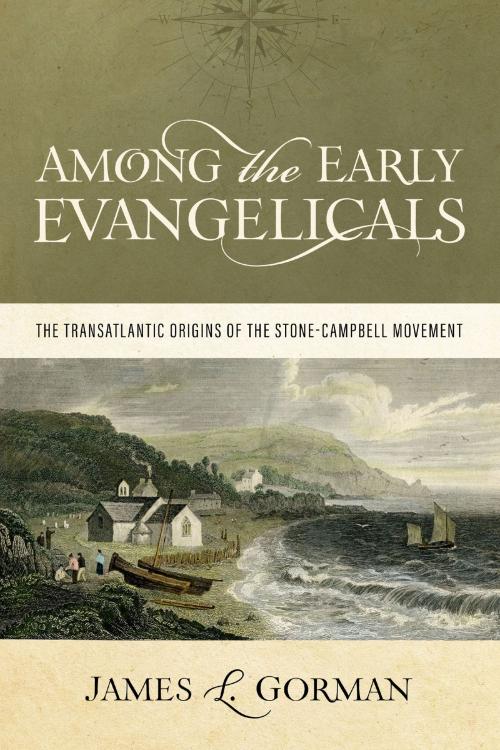Among the Early Evangelicals
The Transatlantic Origins of the Stone-Campbell Movement
Nonfiction, Religion & Spirituality, Christianity, Church| Author: | James L. Gorman | ISBN: | 9781684269907 |
| Publisher: | Abilene Christian University Press | Publication: | August 8, 2017 |
| Imprint: | Abilene Christian University Press | Language: | English |
| Author: | James L. Gorman |
| ISBN: | 9781684269907 |
| Publisher: | Abilene Christian University Press |
| Publication: | August 8, 2017 |
| Imprint: | Abilene Christian University Press |
| Language: | English |
Though many of its early leaders were immigrants, most histories of the Stone-Campbell Movement have focused on the unique, American-only message of the Movement. Typically, the story tells the efforts of Christians seeking to restore New Testament Christianity or to promote unity and cooperation among believers.
Among the Early Evangelicals charts a new path showing convincingly that the earliest leaders of this Movement cannot be understood apart from a robust evangelical and missionary culture that traces its roots back to the eighteenth century. Leaders, including such luminaries as Thomas and Alexander Campbell, borrowed freely from the outlook, strategies, and methodologies of this transatlantic culture. More than simple Christians with a unique message shaped by frontier democratization, the adherents in the Stone-Campbell Movement were active participants in a broadly networked, uniquely evangelical enterprise.
Though many of its early leaders were immigrants, most histories of the Stone-Campbell Movement have focused on the unique, American-only message of the Movement. Typically, the story tells the efforts of Christians seeking to restore New Testament Christianity or to promote unity and cooperation among believers.
Among the Early Evangelicals charts a new path showing convincingly that the earliest leaders of this Movement cannot be understood apart from a robust evangelical and missionary culture that traces its roots back to the eighteenth century. Leaders, including such luminaries as Thomas and Alexander Campbell, borrowed freely from the outlook, strategies, and methodologies of this transatlantic culture. More than simple Christians with a unique message shaped by frontier democratization, the adherents in the Stone-Campbell Movement were active participants in a broadly networked, uniquely evangelical enterprise.















